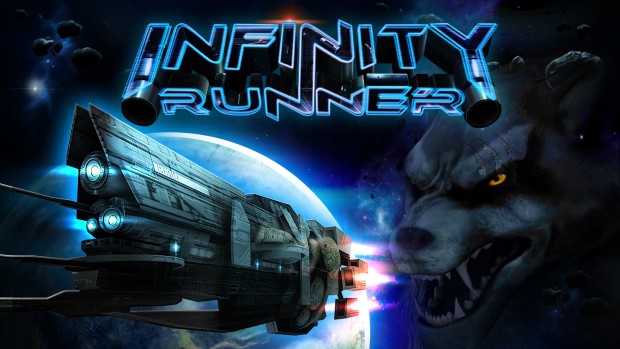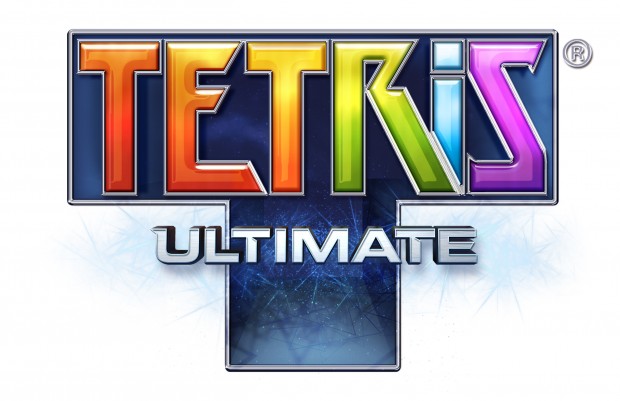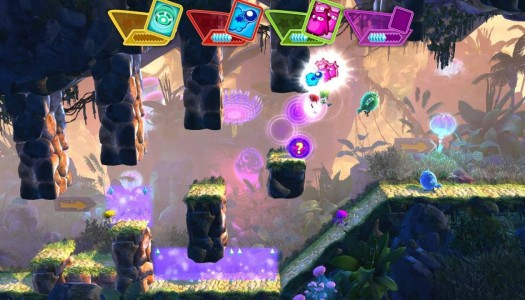 10 years ago
10 years ago
Giana Sisters Dream Runners review: Where do I start?
The Giana Sisters series has had a storied history, from its earliest beginnings as a pretty blatant Super Mario Bros. rip-off for the Commodore 64 way back in 1987, to …
Read More
 11 years ago
11 years ago
Q.U.B.E. Director’s Cut review: I’m a Genius!
The first-person puzzle game is a relatively modern sub-genre that lives and dies by the new ideas it brings to the table. Portal had its portals, the upcoming Magnetic: Cage …
Read More
 11 years ago
11 years ago
SteamWorld Dig review (Xbox One)
First things first — SteamWorld Dig is my favorite game on the Nintendo 3DS. Period. Above any of the Marios, Zeldas or anything else that has come out on that system so far. Read More
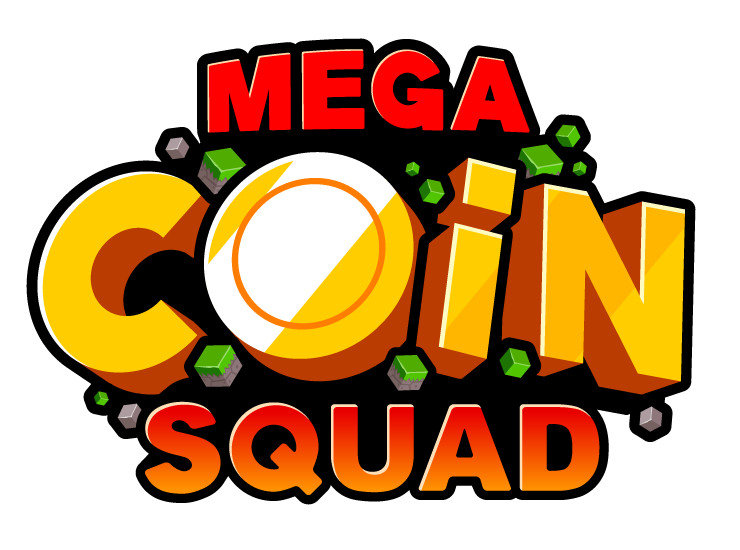 11 years ago
11 years ago
Mega Coin Squad review (Xbox One)
Mega Coin Squad was developed by Big Pixel Studios and published by Adult Swim Games on Xbox One. It was released on May 20, 2015 for $14.99. A copy was provided by Big Pixel Studios for review purposes.
You know you’re playing a special game when you are actually standing up out of your seat and cursing out loud at the creature that just killed you, but you can’t wait to hit continue and try again. Mega Coin Squad made me do that — a lot.
Big Pixel Studios’ platformer distills everything you like about platformers down to the bare essentials. You run and jump, you shoot, you dash, you collect coins and you die. A lot. And it’s also a lot of fun.
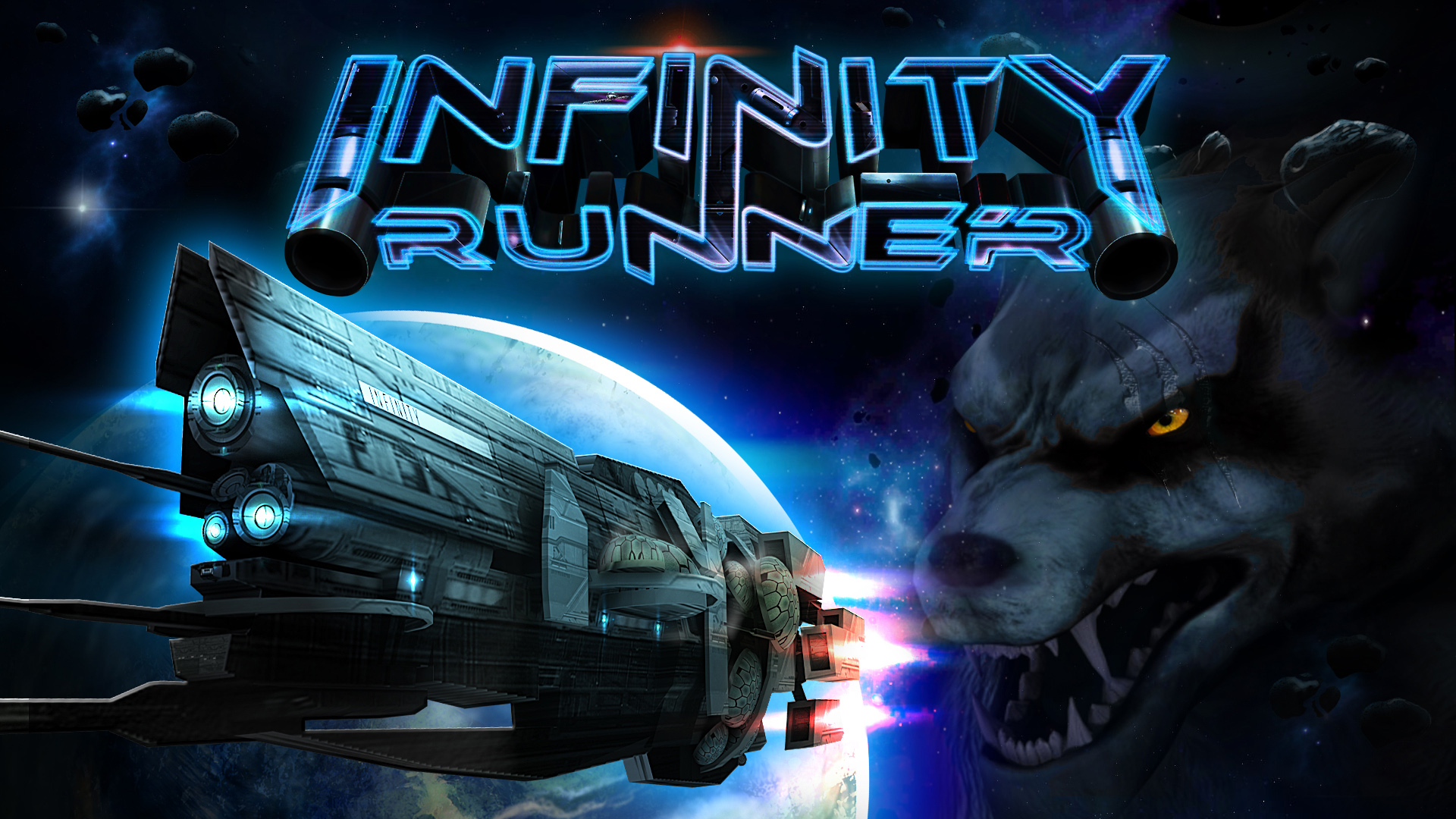 11 years ago
11 years ago
Infinity Runner review (Xbox One)
Infinity Runner was developed and published by Wales Interactive on Xbox One. It was released on April 22, 2015 for $6.99. A copy was provided by Wales Interactive for review purposes.
Is it possible to hate a game that you really enjoyed playing? Infinity Runner makes the case for that paradox. The production value is pretty awful, the difficulty level is ridiculously frustrating and it doesn’t add anything new to the genre, but I still enjoyed my time with the game.
Infinity Runner is an endless runner like the games you see on smartphones such as the mega-popular Temple Run. You’re constantly running forward, and the controls are limited to strafing side to side, jumping and sliding. There’s a few new ideas here, but otherwise it’s basically like a smartphone game on a console, with only slightly better graphics.
 11 years ago
11 years ago
We Are Doomed review (Xbox One)
We Are Doomed was developed and published by Vertex Pop on Xbox One. It was released on April 17, 2015 for $9.99. A copy was provided by Vertex Pop for review purposes.
Do you love the Geometry Wars series but just wish there was less to do? Well, then you’re in luck! We Are Doomed takes the same twin-stick shooter formula, the same polygonal graphics, the same wild visual effects, the same electronic style soundtrack, the same multiplier score system and adds…well, nothing really. But that doesn’t mean it’s not fun.
In We Are Doomed, you pilot a little polygon ship around a dark playing field with the left stick, while blasting away other geometric shapes with the right stick. This formula has become a genre unto itself ever since Geometry Wars: Retro Evolved released on Xbox Live Arcade in 2005 (although the genre really goes all the way back to the arcades of the ’80s). It’s very fun and pretty addictive. But with so many twin-stick entries in recent years, these games really need some original ideas to stick out from the crowd.
 11 years ago
11 years ago
White Night review (Xbox One)
White Night was developed by OSome Studios and published by Activision on Xbox One. It was released on March 6, 2015 for $14.99. A copy was provided by Activision for review purposes.
It’s so hard to dislike a game as beautiful as White Night. The stark, completely black and white visuals not only look gorgeous but are far more than just a gimmick, actually adding to the dread and atmosphere of this haunted house game. But, unfortunately, White Night just not very fun.
After making it through the first two chapters, I had finally had enough of the frustration and was pretty much ready to throw in the towel. I pushed through begrudgingly, but there are only so many random, pointless ghost deaths a man can handle before losing interest in what started out as such a cool game.
 11 years ago
11 years ago
Roundabout review (Xbox One)
Roundabout was developed and published by No Goblin on Xbox One. It was released on February 20, 2015 for $14.99. A copy was provided by No Goblin for review purposes.
Where do I begin when reviewing Roundabout? The absolutely ridiculous ’70s B-Movie FMV cut-scenes? The insane gameplay? The bonkers music and voice acting? Or maybe with the fact that when I beat the game I was at 29 percent completion — not even 30! Roundabout is an almost review-proof game, but I’m going to try.
In Roundabout, you play as Georgio (of course, played by a woman, because why not), a limo driver who can’t seem to stop spinning. The game has a top-down point of view, and an open world in which you pick up people who need you to take them places and complete wacky objectives. It’s like a cross between Crazy Taxi and the old top-down Grand Theft Auto games — except you can’t stop spinning, which turns everything into a game of figuring out how to maneuver without blowing up.
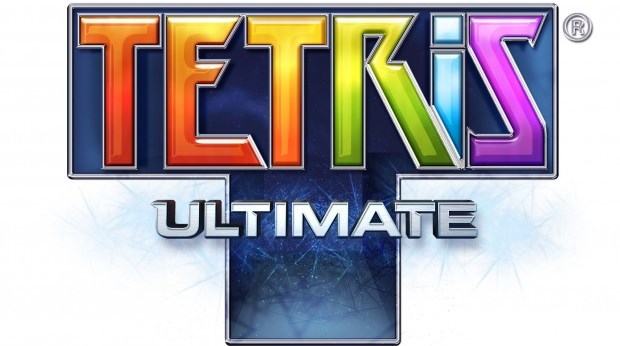 11 years ago
11 years ago
Tetris Ultimate review (Xbox One)
Tetris Ultimate was developed by SoMA Play Inc. and published by Ubisoft on Xbox One. It was released on December 17, 2014 for $9.99. A copy was provided by Ubisoft for review purposes.
I’m a huge Tetris fan. Ever since summer camp and the original Game Boy version (1989), I’ve probably played 20 or more different renditions of the classic puzzler across every system I’ve ever owned. So when the opportunity came to try out a brand new version, Tetris Ultimate, for the new next-generation Xbox One, of course I jumped at it.
You probably already know the basics, but just in case you didn’t, Tetris has you dropping different-shaped blocks into a playing field in attempts to create and clear lines of blocks. It’s simple, fun and addictive. So how does Tetris Ultimate add to the formula?
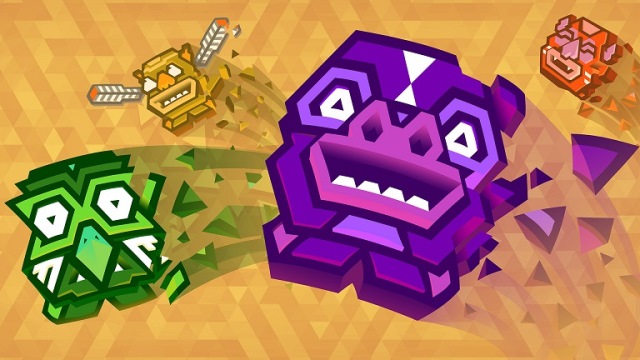 11 years ago
11 years ago
Kalimba review (Xbox One)
Kalimba was developed and published by Press Play on Xbox One. It was released on December 17, 2014 for $9.99. A copy was provided by Press Play for review purposes.
A funny thing happens while playing Kalimba, Press Play’s new puzzle-platformer for Xbox One. Your brain will shut off and you will go into auto-pilot. It might happen on your first attempt at a colorful new level, or it might happen during your 60th try at said level. But the stars will inevitably align, and the next thing you know, you’ll have made it to a new checkpoint that you had previously thought impossible to reach.
Kalimba has you controlling two totem pieces in tandem as you use both sides of your brain — and some really clever power-ups — to maneuver your way past enemies and through traps and puzzles. It’s not the first game I’ve seen in which you have to control two characters at once, but I think it just might be the best.


